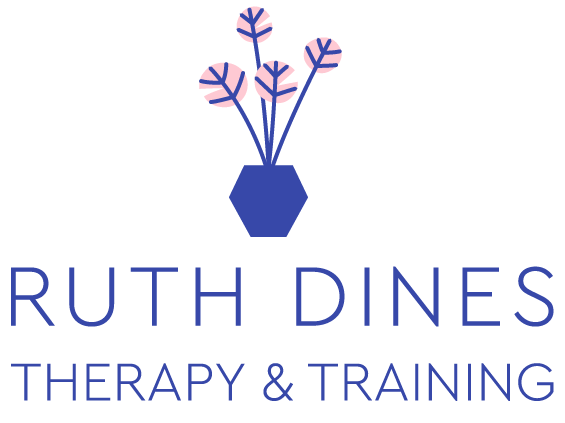The pandemic and subsequent lockdowns have taken their toll on most of us, especially those who thrive on routine, structure and socialising. But as surprising as it may seem, for many people the ending of lockdown feels much ...
Choosing a partner and staying together through life’s ups and down is rarely simple or easy. Given the last nine months of the global pandemic, and all the uncertainty, worry and stress, it’s no wonder our relationships...
Many of us feel lonely from time to time, it’s normal, and these short-term feelings shouldn’t harm our mental health. However, the longer the pandemic goes on for...
The global pandemic has brought a host of new and unsettling experiences, including working from home, homeschooling and online socialising, as well of course having to go into lockdown and quarantine...
The role of diet in the nation’s mental health has yet to be fully understood and embraced, but the research is now building about the direct association between what people eat and drink and how they feel, think and behave
